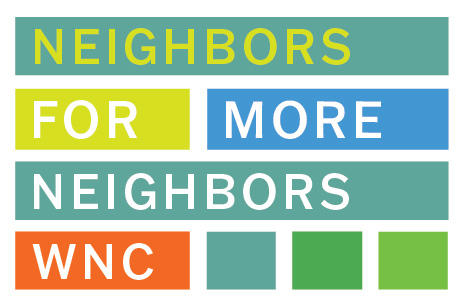When we think about tackling climate change, we often focus on big solutions—transitioning to renewable energy, electrifying cars, or protecting forests. But as The Urbanist argues in a recent article, one of the most effective and overlooked tools for climate action lies in how we build our communities.
The piece, “Why Climate Advocates Should Be Urbanists,” makes a clear point: our cities, towns, and neighborhoods shape how much we drive, how much energy we use, and how much land we consume. Poor urban planning drives emissions up and puts a strain on our natural systems, while smart, compact development can have the opposite effect.
Here’s what this means:
- Walkable, Transit-Friendly Communities Cut Emissions: Sprawling suburbs force people to drive long distances for work, school, or basic needs. Denser neighborhoods designed for walking, biking, and transit reduce our dependence on cars—leading to cleaner air, lower emissions, and healthier communities.
- Urbanism Protects Natural Spaces: When we spread outward instead of building smarter within existing communities, we destroy forests, wetlands, and farmlands that absorb carbon, filter water, and provide habitat for wildlife. Better planning keeps growth where it belongs—inside cities and towns.
- It’s a Win for People Too: Compact urban areas provide better access to jobs, schools, and services while reducing the cost of housing and transportation. They also encourage social connection and community resilience—something we’ve seen the importance of following Tropical Storm Helene.
The article emphasizes that urbanism isn’t just about buildings or density—it’s about creating places where people and the environment can thrive together. Climate advocates who support urbanist principles are championing solutions that reduce emissions, protect the landscapes we love, and make our communities healthier and more equitable.
At MountainTrue and Neighbors for More Neighbors WNC, this perspective resonates deeply with our work. In Western North Carolina, poor land-use decisions have led to sprawl that destroys forests, pollutes rivers, and strains our communities. By advocating for infill development, missing middle housing, and better transportation planning, we can address the housing crisis, reduce emissions, and protect the natural beauty of our region.
If you’re passionate about climate action, it’s time to think about how we build—and rebuild—our communities. Check out The Urbanist’s article here: Why Climate Advocates Should Be Urbanists.
Better planning is better for people, better for nature, and better for the planet. Let’s build a smarter, healthier future together.
